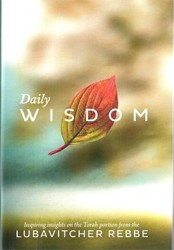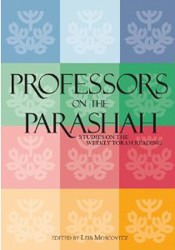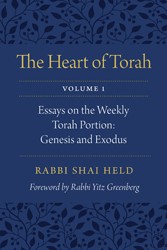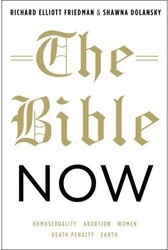There is no shortage of published Torah commentaries. Likewise, the availability of English language commentaries arranged according to the weekly Torah reading is quite extensive. Rabbi Professor Pinchas Peli was a tenth generation rabbi and fourth generation Jerusalemite, a towering intellectual and a scholar in the field of Jewish thought and literature. In 1984 – 85, he wrote a weekly Torah column for The Jerusalem Post which was first published in book form in 1987 by B’nai Brith Books. It has been republished with a new foreword by Rabbi Harold Schulweis.
Most traditional commentaries elucidate questions, offer clever interpretations of the text, or convey religious messages. Peli’s Torah Today is an encounter with Scripture from a modern, universalistic perspective. To be sure, he utilizes all the traditional and many modern commentaries in his essays, but often his style is midrashic. His objectives are sometimes an understanding of the text or connecting the Torah reading to a contemporary situation. In one instance he discusses the importance of Jewish grandchildren (Parshat Vay’hi), and in another he relates Abraham’s journey to Israel to the issues relating to contemporary aliyah (Lekh lekha). He derives political lessons from the golden calf and his usage of the concept of confrontation when discussing the meeting between Jacob and Esau may be borrowed from the essay by Rav J.B. Soloveitchik, whose works he taught and wrote about.
These essays are not for quoting around the Sabbath table. They are not traditional divrei Torah, nor, one might guess, were his readers of The Jerusalem Post, where these musings first appeared, looking for a Shabbos vort. Peli’s comments reflect his broad scholarship and deep thinking about how to relate the Torah readings to our contemporary society. He makes you think and ponder. Grounded in tradition, leavened by modern thought, these essays were well worth reprinting.





